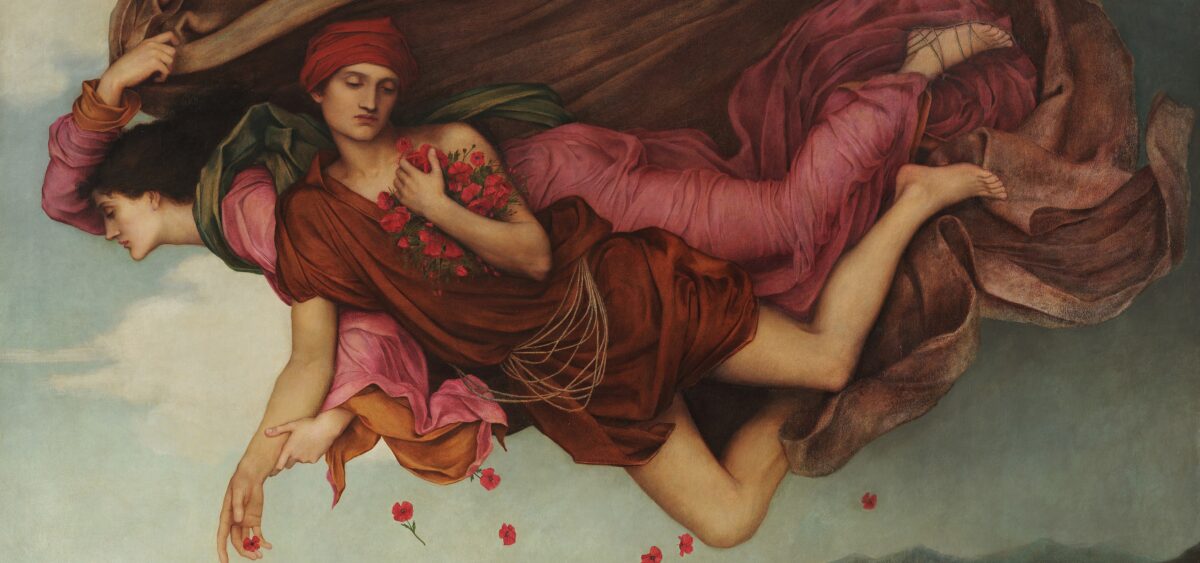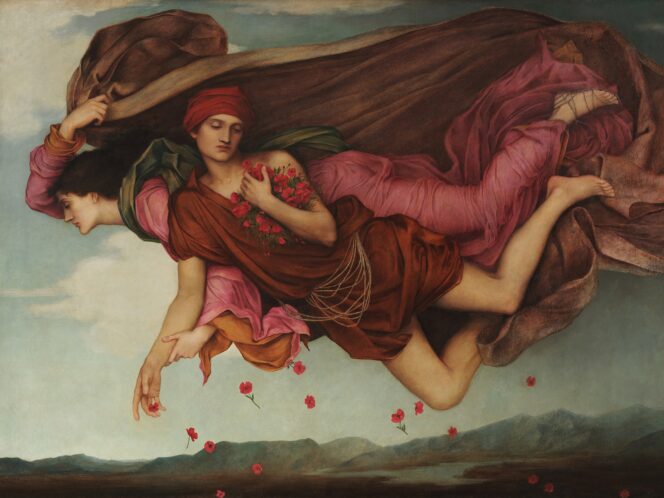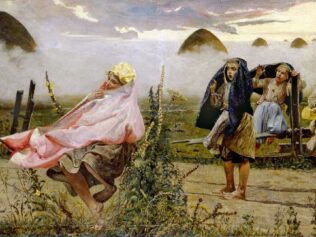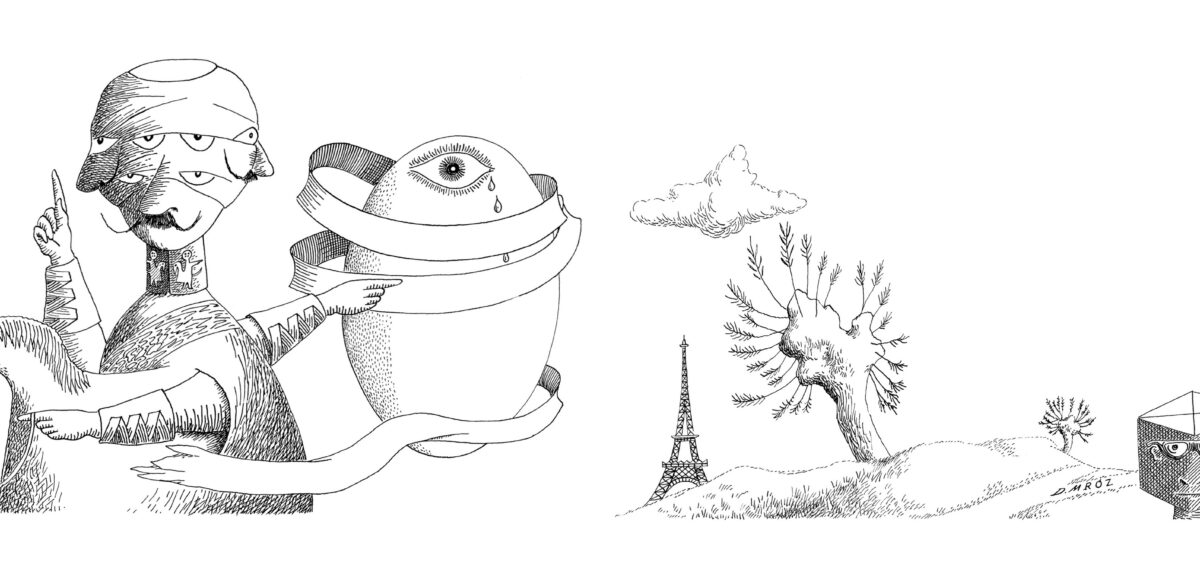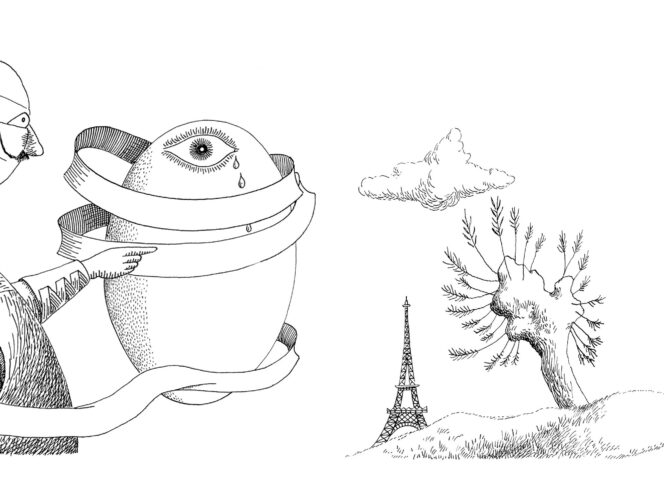
The belief that dreams are meaningful is as old as humankind itself. People from different cultural backgrounds are striving to grasp their message and recounting their content was (and remains) a vital ritual in many parts of the world.
Twice a year, the white-crowned sparrow sets out on a long journey, traveling from Alaska to northern Mexico in the autumn and completing the return leg in the spring. Many birds migrate (and some cover even longer distances than the above)—yet it was the white-crowned sparrow that attracted the attention of both the U.S. Department of Defense and Jonathan Crary. The writer and art critic noted that when in flight this little gray bird can go without sleep for up to seven consecutive days. It flies during the day and forages for food at night. Perfect efficiency, unhampered by sleep breaks. The U.S. Department of Defense spent a handsome sum of money to find out how the white-crowned sparrow can stay awake for so long. Crucially, the study was not undertaken for the sake of science alone. Research into the bird’s brain activity was to assist in the development of new ways to maintain productivity among American troops for days on end—without them needing to sleep.
A Restricted Good
However, a soldier who is able to go without sleep is just the first step. In his book 24/7: Late Capitalism and the Ends of Sleep, Crary



